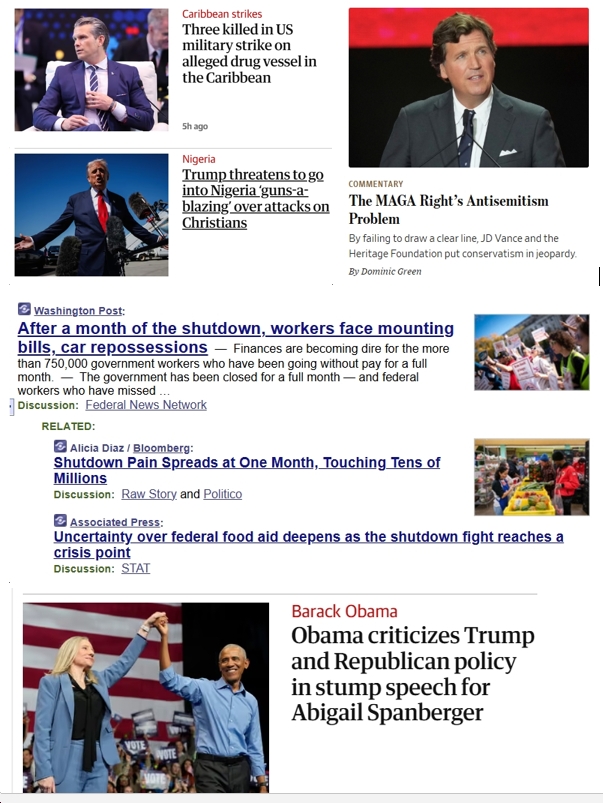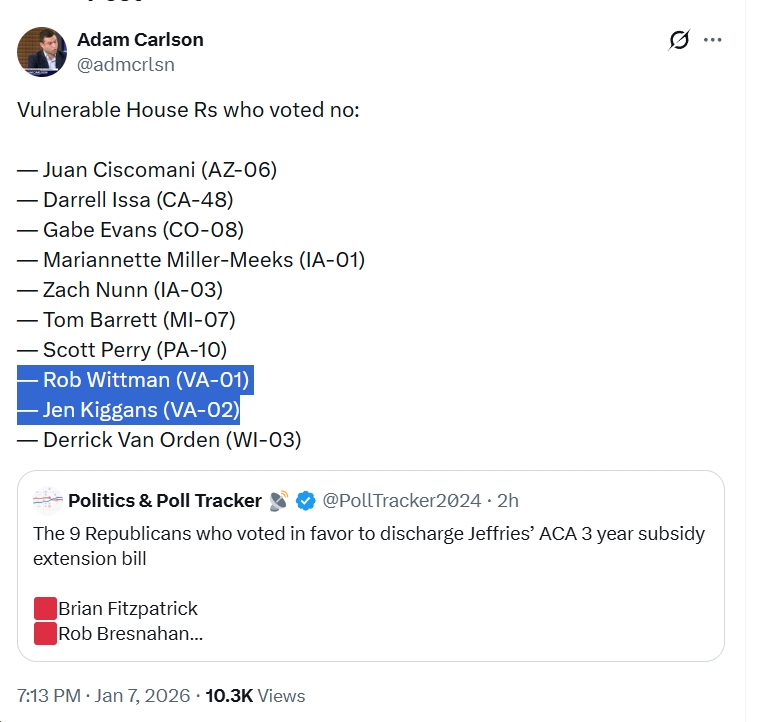From the Commonwealth Institute for Fiscal Analysis:
The state’s estimates to date are likely extremely low because they were calculated prior to any state actually implementing a work reporting requirement in order to access health coverage through Medicaid. In Arkansas — the only state to implement work requirements for Medicaid so far — 23% of the population subject to the policy lost coverage, and data suggests that the vast majority of those who lost coverage were likely actually meeting the reporting requirement or should have been exempt. Given some high level similarities between the two states’ programs, approximately 74,000 adults in Virginia could lose coverage if Virginia has a similar experience to Arkansas.
“When Virginia lawmakers adopted the law that directed the state Medicaid office to request permission to implement work reporting requirements, that was back in 2018 before any state had implemented the idea. So it occurred without knowledge of the real world impact they could have. We now know what happens when a state tries this and staying the course would ignore all the research on the harms that this program will have on families across the state,” says Freddy Mejia, Policy Analyst at The Commonwealth Institute and author of the report.
Legal battles have halted the implementation of work reporting requirements in Kentucky, New Hampshire, and Arkansas. U.S. District Judge James E. Boasberg ruled that the approval of these work reporting requirement policies were “arbitrary and capricious,” with the federal government failing to adequately consider how people accessing health coverage through Medicaid would be impacted by these policies. It appears that any state considering a work reporting requirement program is likely to face litigation on the same grounds, in the same court, and with the same judge.
“Studies find no significant increase of employment due to these types of programs. Rather, other states have found that health coverage is a work support in and of itself. The state should focus on ensuring that every eligible person is being connected to health coverage, not on implementing bad public policy that would lead to tens of thousands of people being kicked off of health coverage,” says Michael Cassidy, President at The Commonwealth Institute.
“Work reporting requirements are fundamentally flawed and cannot be executed without leaving families at physical, mental, and economic risk. These factors, along with the estimated coverage loss, should be of serious concern to health advocates and legislators. The good news,” adds Mejia, “is that there is still time for Virginia to do away with work reporting requirements through legislative action.”
The full report, Virginia COMPASS Program Leading State Down The Wrong Path, is available online at www.thecommonwealthinstitute.org.
####
About The Commonwealth Institute
The Commonwealth Institute for Fiscal Analysis provides credible, independent, and accessible information and analyses of fiscal and economic issues with particular attention to the impacts on low- and moderate-income persons. Our products inform fiscal and budget policy debates and contribute to sound decisions that improve the well-being of individuals, communities and Virginia as a whole. Visit www.thecommonwealthinstitute.org for more information.





![[UPDATED: VA Senate Dems Pass $15/Hour Minimum Wage Bill] VA House Democrats Pass Top Priority, Paid Sick Leave](https://bluevirginia.us/wp-content/uploads/2026/02/housedemspaidsick.jpg)












